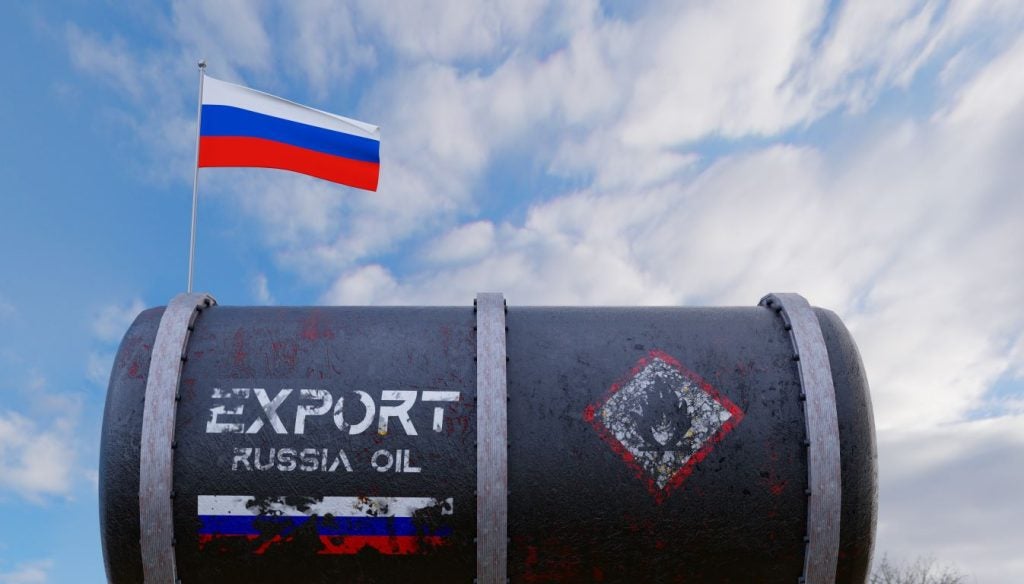Rosneft reported a net income profit attributable to shareholders for Q1 2024 that more than doubled to 399bn roubles ($4.41bn) when compared with the previous quarter, due to an increase in revenue and core profit.
The Russian energy company, led by Igor Sechin, reported a 45.5% increase in net profit and a 25.1% rise in EBITDA (earnings before interest, taxes, depreciation and amortisation) for the quarter, despite a 1.1% decline in revenue.
According to Interfax surveys, analysts had predicted lower net profit, revenue and EBITDA figures.
“In the reporting quarter, despite market price volatility and increased external pressure, including sanctions and the impact of OPEC+ agreement on operating performance, Rosneft achieved growth in key financial indicators, namely revenue, EBITDA, net income, and free cash flow,” Sechin, chairman of the management board and CEO of Rosneft, said in a press release.
According to the statement from the oil and gas giant, the company's key financial indicators were influenced by its operating performance, prevailing macroeconomic conditions, and management choices.
Rosneft generated a revenue of 2.5trn roubles in Q1 2024 (just under $28bn), with EBITDA hitting 857bn roubles.
In Q1 2024, the company's hydrocarbon production amounted to 66.6 million tonnes of oil equivalent (mtoe), including 47.1 million tons of liquid production.
In Q1 2024, Rosneft’s gas production amounted to 23.7 million cubic metres. Greenfield projects in the Yamal-Nenets Autonomous District (commissioned in 2022) account for more than a third of the company's gas production.
Sechin added that the “oil industry makes the main contribution to the federal budget revenues. Thus, in January–April 2024, the amount of oil revenues doubled year-on-year, reaching 3.3tn roubles”.
Rosneft, responsible for approximately 40% of Russian oil production, successfully shifted its oil sales from Europe to India and China after facing numerous Western sanctions imposed on Russian entities and individuals in the aftermath of the war in Ukraine, which began in February 2022.
“High interest rates and limited liquidity available on the country’s financial market put pressure on the financial performance, which forced the company to switch to loans in alternative currencies,” Sechin said.
He added: “Current market conditions in Russia have already resulted in a significant incremental cost of debt.”









